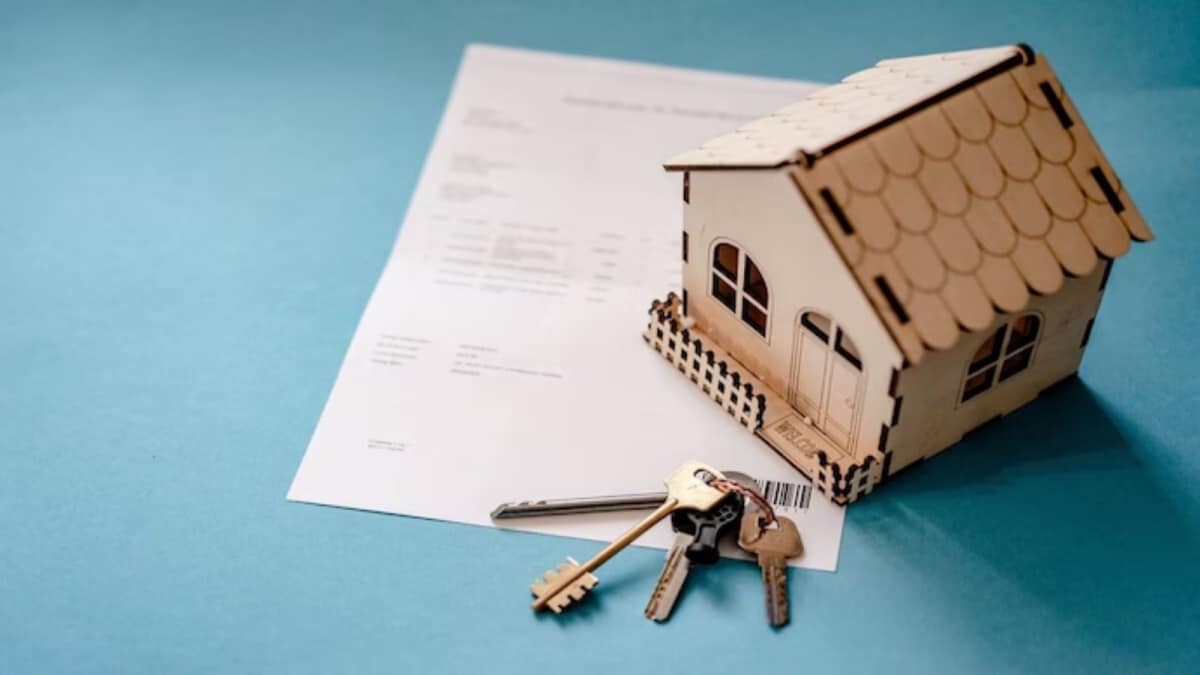Last Updated:
Dilip’s ITAT Ahmedabad case highlights Section 54 LTCG exemption on house sale, with full claim allowed after verifying contributions by Dilip and his wife.

How Dilip won the curious case against tax authorities. (representative image)
A curious case study of a father selling his house worth Rs 67 lakhs and showing an income of just Rs 1,690 in his income tax return (ITR) alerted the government’s tax authorities. The income tax department issued a notice to Dilip and launched an investigation into his transactions. During the investigation, Dilip, who also filed that he incurred a loss of Rs 8.7 lakhs, went on to claim a Section 54 long-term capital gains (LTCG) tax exemption.
The Income Tax Act’s Section 54 allows individual taxpayers to claim a full tax exemption on long-term capital gains (LTCG) from selling residential house property or land if they reinvest in a specified timeframe all the gains made into another property purchased within the Indian territory.
In his Section 54 claim, Dilip showed that he incurred inflation-adjusted Rs 15.99 lakh as the cost of improvement for the house he sold. But the man failed to provide the income tax department with any bank receipts of transactions or a ledger that proves the legitimacy of the transactions. Dilip made all the transactions for the property in cash and provided only some documentary evidence, like the contractor bills and work details, which didn’t convince the income tax officer.
The Income Tax Officer’s Argument
The income tax officer pointed out that Dilip sold the house for Rs 41 lakhs, even when the stamp duty value of the property stood at Rs 67 lakhs. The man also didn’t mention the details of the five co-owners, including a minor, and purchased the new residential property jointly in his wife’s name, with no share percentage mentioned. The officer told Dilip that he can only be allowed a tax exemption of 50 per cent of the total amount invested, rather than the whole.
Having considered the correct sale consideration under Section 50C and disallowing the cost of improvement, the tax officer computed that the total long-term capital gain (LTCG) stands at 15.99 lakhs, which was then added to Dilip’s income.
Dilip took the matter to the Commissioner of Appeals CIT(A), which then recalculated the total LTCG at a reduced sum of Rs 9 lakh and partially approved his appeal. Not one to stop even then, the Indian citizen appealed to the Income Tax Appellate Tribunal (ITAT) Ahmedabad.
How The Man Won The Case
On August 25, the case was ruled in favour of Dilip by the ITAT Ahmedabad. The authorities said they are inclined to accept the man’s claims in principle and directed the concerned tax officer to allow the full claim of Section 54 on verifying the complete contributions made by Dilip and his wife.
The ITAT Ahmedabad found nothing to dispute that Dilip and his wife jointly purchased the new residential property. In their order, ITAT Ahmedabad noted that the man claimed the investment was made in a 2:1 ratio, in accordance with their respective shares in the sale proceeds of their original property, including the share of the minor daughter. The minor’s income in the given case was clubbed with that of the assessee.
“With respect to the claim for exemption under Section 54, we are of the view that the Assessing Officer and Ld. CIT(A) has not adequately appreciated the assessee’s (Dilip) contention regarding the proportion of investment made in the new residential property,” said ITAT Ahmedabad in its judgement.
“In our view, the actual contribution towards the purchase of the new house is a relevant factor while determining the eligible exemption under Section 54. Therefore, we are inclined to accept the assessee’s (Dilip) claim in principle, subject to verification of the actual contributions made by the assessee and his wife towards the new property.
Accordingly we direct the Assessing Officer to verify the proportion of investment made by the assessee and allow the exemption under Section 54 accordingly.”
A team of writers and reporters decodes vast terms of personal finance and making money matters simpler for you. From latest initial public offerings (IPOs) in the market to best investment options, we cover al…Read More
A team of writers and reporters decodes vast terms of personal finance and making money matters simpler for you. From latest initial public offerings (IPOs) in the market to best investment options, we cover al… Read More
September 05, 2025, 17:12 IST
Read More







